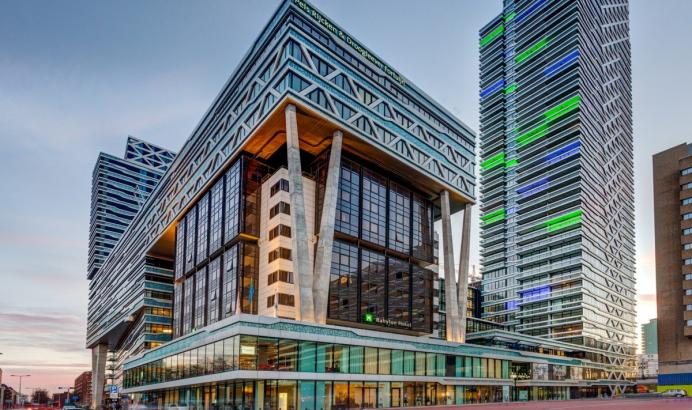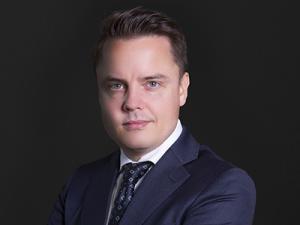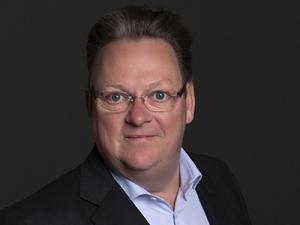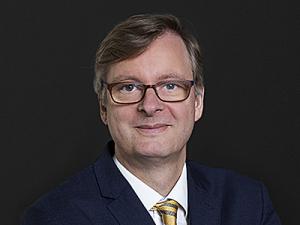Local division The Hague hears first infringement case over plant energy
A number of UPC local divisions are now having their first oral hearings. At The Hague, the infringement case kicks off today between Plant-e and Arkyne Technologies concerning an unusual technique for extracting energy from plants.
30 September 2024 by Mathieu Klos
The Munich local division has long since had its first oral hearing in a main case. The Düsseldorf, Hamburg and Paris local divisions have also heard their first main cases. Last week, the local division Milan heard its first main case in Oerlikon vs Bhagat Textile over textile machines, with a judgment expected in November (case ID: ACT_549585/2023 and UPC_CFI_241/2023).
Many other local divisions of the Unified Patent Court have only heard PI cases so far. Next week, the first major infringement proceedings in Panasonic vs Xiaomi and Oppo concerning SEPs will begin in Mannheim.
But today, the local divison The Hague under presiding judge Edger Brinkman is hearing its first infringment case, and the technology is extraordinary.
Ambitious goals
At the centre of the dispute between Plant-e and Arkyne Technologies is Plant-e’s EP 2 137 782 B1. It protects a device and method for converting light energy into electrical energy.
The Dutch spin-off of Wageningen University accuses its Spanish competitor Arkyne of infringing the patent. Arkyne operates under the trade name Bioo and has filed a counterclaim for revocation against EP 782 at the UPC (case ID: ACT_549536/2023 UPC_CFI_239/2023).
Both companies have ambitious goals of making the world a better place by harnessing energy from plants.
“Plant-e develops products where living plants generate electricity,” writes the company on its website. “This technology, originally discovered at Dutch Wageningen University, has since been further developed within Plant-e. With our power source the company can produce electricity continuously, day and night, for many decades for low-power applications, such as sensors and lighting.”
To outsiders that may sound sound bold, and the technology behind it like science fiction. But both companies are already selling their first products.
Cutting-edge technology
Plant-e describes its technology as follows, “A plant produces organic material through photosynthesis. While some of this organic material is used by the plant for its own growth, some remains unused. This remaining part is excreted by the roots into the soil. Bacteria live around these roots and break down this organic material. During this degradation process, electrons are released as a byproduct. The system created by Plant-e uses the released electrons as electricity.”
Arkyne sells lighting products under the Bioo brand. However, the Barcelona-based company is not just interested in selling individual products, but in the “creation of the next biotech city through unique technologies powered by nature”.
The company was founded in 2015. On its website, Bioo describes itself as a “biotech company focused on the biotechnological transformation of our world through unique proprietary technologies able to generate electricity from nature.”
First main hearing at New Babylon
Today, the two companies are meeting for the first time at the UPC in The Hague. The venue is the new conference centre in the immediate vicinity of the city’s central station. It bears the futuristic name New Babylon, which is fitting given the futuristic technology in dispute.

New Babylon local division The Hague ©UPC
Unusual patents seem to be the local division The Hague’s specialty. In August the local division granted a PI against a Polish mushroom producer Szymon Spyra in a dispute over a patent protecting a mushroom strain. The claimant was Amycel.
Today, Margot Kokke is hearing the dispute between Plant-e and Arkyne alongside Edger Brinkman. She is the second permanent judge at the local division The Hague.
Samuel Granata is the third legal judge. He is presiding judge of the local division Brussels. The technically qualified judge is Simon Walker. He is a Finnish in-house attorney at Nokia.
Injunction across Europe
The patent in dispute is valid across Belgium, Germany, France, Ireland, Italy, Luxembourg, Spain, the Netherlands and the UK. Plant-e filed the case at the UPC on 12 July, hoping to enforce the patent across Europe.
A mixed team from the Dutch and German offices of Simmons & Simmons is litigating the case for the plaintiff, which is a new client for the firm. Amsterdam-based partner Oscar Lamme and patent attorney Johan Renes have the lead.
- Oscar Lamme
- Johan Renes
- Peter Meyer
The team also includes a partner in the Munich office, Peter Meyer, as well as Xingye Huang, Atze van Stralen, Daisy Termeulen, and Bouke Algie.
Arkyne Technologies relies on a team led by lawyer Alfred Meijboom, who is of counsel at Dutch full-service firm Kennedy Van der Laan. The team also comprises Joran Spauwen, Merel Rondhuis, and — according to JUVE Patent information — Xavier Fabrega, a Barcelona-based partner at global law firm DWF.
Dutch leading patent attorney firm De Vries & Metman will conduct the technical part of today’s hearing. Patent attorneys Patrick Busch and Wouter Mooij are in charge.



